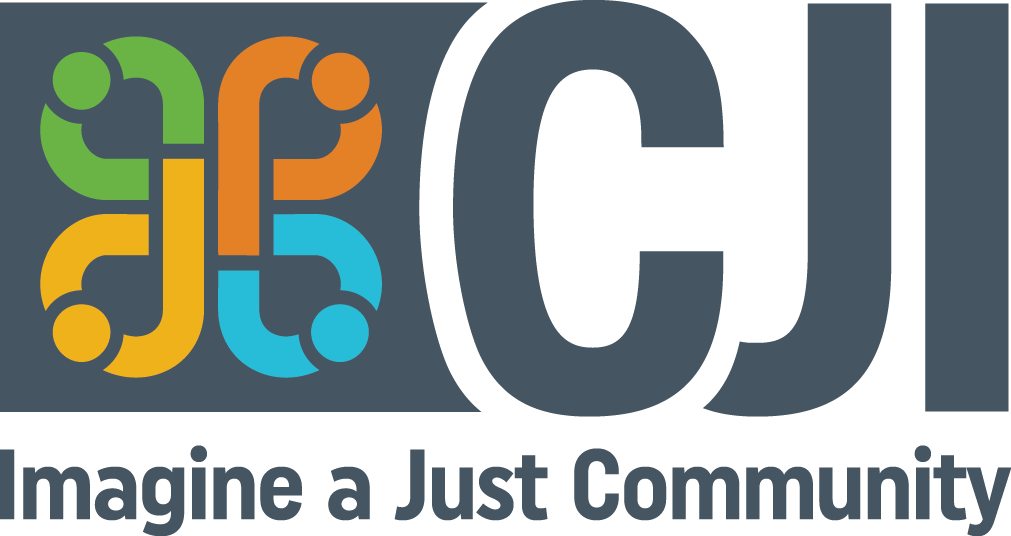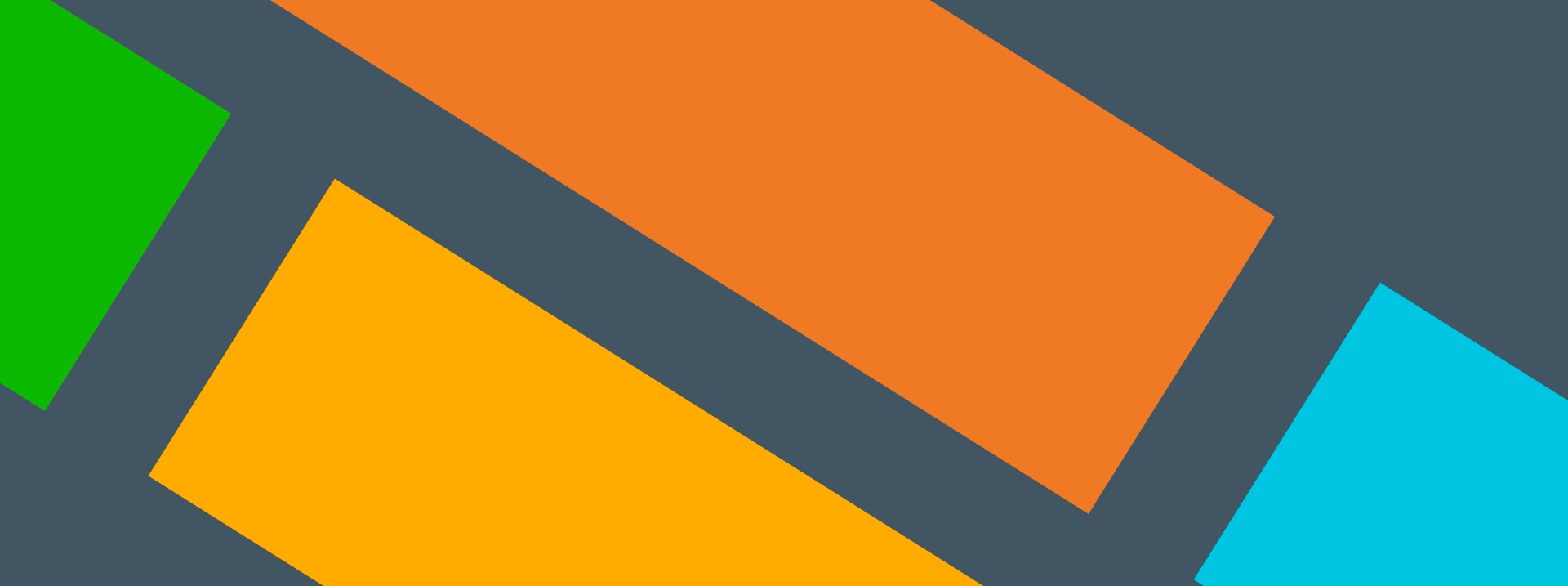How Sulah Helps Us Talk About Harm
How Sulah Helps Us Talk About Harm
How Sulah helps us talk about harm caused by acts of Islamophobia, racism or xenophobia: It is our collective responsibility to create a society where we listen to peoples’ stories and respect what is unique about each culture and community.
There has been a lot of media attention as of late on the issue of hate in our community and the scarcity of remedies for it. One avenue that is available for individuals impacted by interpersonal Islamophobia, racism and xenophobia (anti-immigrant sentiment) is a restorative dialogue offered through Sulah at Community Justice Initiatives (CJI). With the ultimate goal of strengthening social relationships in communities and peaceful coexistence, Sulah offers neighbours, colleagues, friends, family members or strangers an opportunity to communicate across racial, religious or cultural lines with the assistance of trained facilitators.
Sulah services are available to interested parties when there has been a hate incident or discrimination, but can also be offered to a community that is fractured and struggling with “difference,” rather than thriving through connection. For many of us, Waterloo Region’s diverse population is something to be treasured. For others, consciously or unconsciously feeling their dominant role is being threatened, harmful behaviour has become the norm.
Rather than responding to harm with condemnation, a restorative dialogue provides the opportunity to seek accountability through challenging assumptions and stereotypes and to inform about the harm caused by acts of Islamophobia, racism or xenophobia. Individuals who are harmed have the opportunity to direct a restorative process in accordance with their needs and to raise their voice, which is too often silenced.
Islamophobia, racism and xenophobia come in different forms, with the most palpable form being systemic, and the effects of these in systemic form can be felt generation to generation. Restorative dialogue will not remove systemic barriers, nor will it dismantle systems of oppression. However, it is one strategy for addressing interpersonal harm for those who often feel that nothing will be done and no one will listen. At Sulah, we want to empower individuals, families and communities who have been harmed, and who want to have choice and voice in the process and outcome, to seek a restorative dialogue. Our process is an invitation to all parties, never compulsory. Before any meeting would take place between someone who has been harmed and someone who has caused harm, our staff and volunteers will explore whether the individual who caused harm is prepared to come to the table for a discussion and to be accountable for the harm that they caused.
It is our collective responsibility in this region to create a society where we listen to peoples’ stories and respect what is unique about each culture and community. Learning happens when we step out of our comfort zones and forge relationships with people who are different from us. Change can come when we seek to understand the humanity in others, and when hate is brought out of the shadows and openly addressed.
Post written by Niran Akintunde, Sulah Service Coordinator.
If you would like to take part in a Sulah process, you can email Niran at nirana@cjiwr.com.



